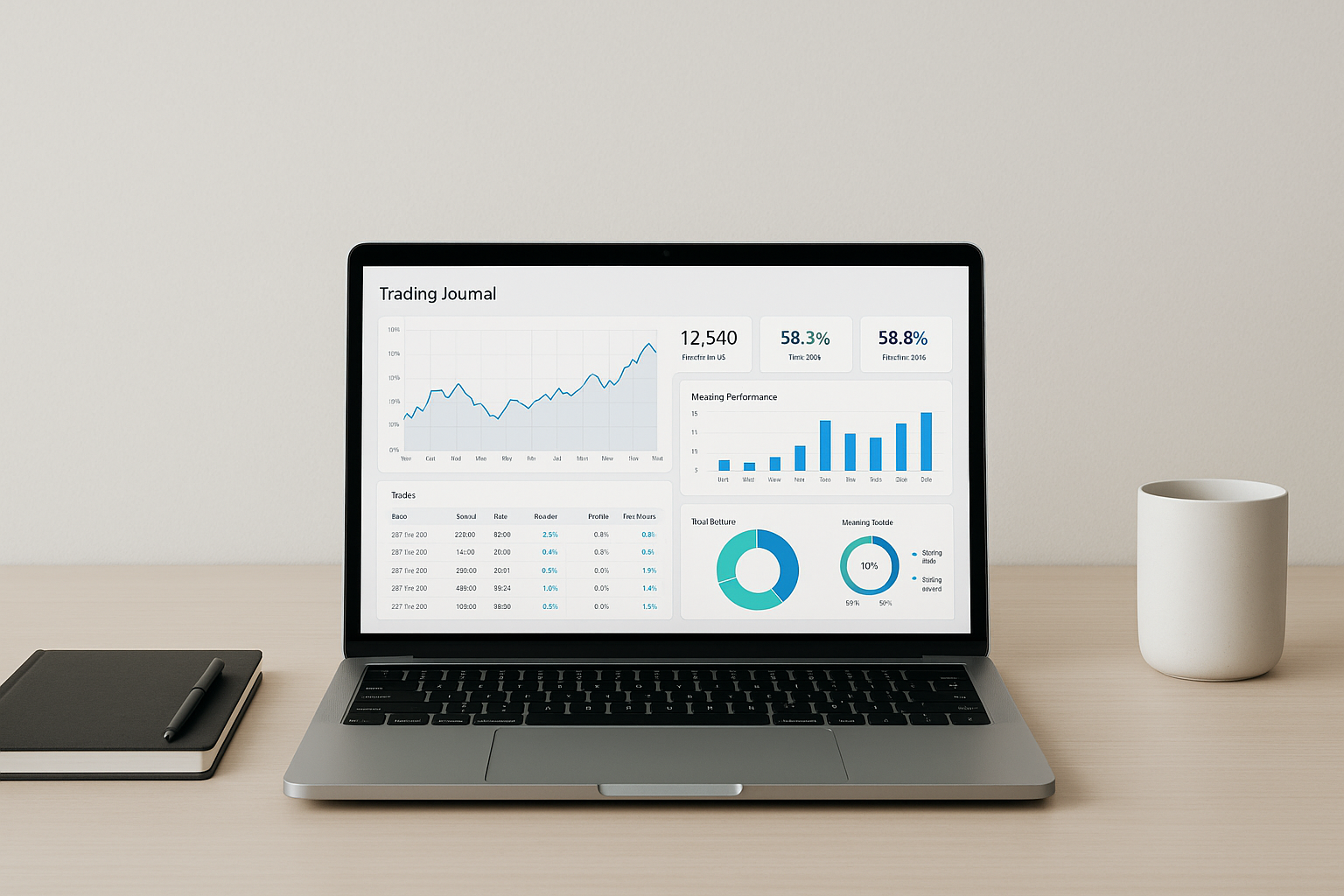
Tracking your trading performance is more than just a good habit; it’s a game-changer. Utilizing analytics allows you to uncover patterns that can lead to consistent profitability. Through diligent monitoring, traders can pinpoint weaknesses and turn them into strengths.
Understanding the importance of performance tracking in trading can significantly impact your success. By systematically analyzing your trades, you gain insights that can enhance your trading strategy. The use of a trading journal, placed in the middle of a sentence, plays a crucial role in collecting data for analysis. This data-driven approach not only highlights profitable patterns but also identifies areas needing improvement. As you delve into performance analytics, you will find yourself making more informed decisions that align with market trends and personal goals.
Basic analytics enhance trading outcomes
Incorporating basic analytics into your trading routine can transform how you approach market opportunities. By analysing trade data, you can identify patterns and behaviours that have previously led to success. This involves looking at metrics such as win rates, average returns, and risk management efficiency. Understanding these elements helps create a comprehensive picture of your trading habits, allowing for adjustments where necessary.
For traders, recognising these patterns is essential for refining strategies. Analytics enable you to see which trades are most profitable and under what conditions they thrive. This information can be used to replicate successful strategies while avoiding past mistakes. Moreover, analytics provide an objective perspective on your performance, removing emotional bias that might cloud judgment.
Utilizing tools designed for performance analysis offers an advantage in the competitive world of trading. These tools present clear and concise data that highlight trends over time. As you become more familiar with the analytics process, it becomes easier to adapt your strategies to changing market conditions, enhancing your overall trading efficacy.
The significance of a trading journal in data collection
A trading journal is an indispensable tool for serious traders seeking to improve their performance through analytics. By meticulously recording each trade, including the rationale behind it and the outcome, traders gather crucial data for analysis. This practice not only tracks progress but also provides insights into behavioural patterns over time.
Keeping a detailed record allows you to review past trades critically and objectively. This reflection can reveal recurring mistakes or successful tactics that might otherwise go unnoticed. With a comprehensive dataset at hand, traders are better equipped to make informed decisions based on empirical evidence rather than intuition alone.
The process of maintaining a journal encourages discipline and accountability in trading activities. Regularly updating and reviewing this log ensures that you remain focused on strategy development rather than impulsive decision-making. Over time, this disciplined approach fosters a deeper understanding of market dynamics and personal trading tendencies.
Improving trading strategies with analytics
To fully leverage analytics in refining your trading strategy, start by setting clear goals for what you wish to achieve. Whether it’s increasing profitability or reducing risk exposure, having specific objectives will guide your analytical efforts effectively. Use software tools that provide detailed reports on various performance metrics to support these goals.
Consistency is key when working with analytics; ensure you’re regularly reviewing your performance data and adjusting strategies accordingly. This continuous feedback loop allows for timely corrections and improvements as needed. Embrace technology by utilizing platforms that offer automated tracking and analysis features to streamline this process.
Don’t hesitate to experiment with different strategies based on analytical findings. Testing new approaches on demo accounts before implementing them in live markets can provide valuable insights without financial risk. By remaining flexible and open-minded, you’ll be able to adapt quickly to evolving market conditions while maintaining strategic focus.
Real-life impact of performance tracking
Consider the journey of traders who have successfully integrated performance tracking into their routines. Many report significant improvements in their decision-making processes as a result of meticulous record-keeping and analysis. For instance, one trader identified a recurring error in stop-loss placements through regular reviews, leading to enhanced risk management practices.
Another example includes traders who have discovered unique market patterns by analysing historical data from their journals. These insights allowed them to capitalize on specific market movements that others might overlook, resulting in substantial gains over time.
The transformative power of performance tracking lies in its ability to turn subjective observations into objective actions grounded in data. By consistently applying analytical techniques, traders can continuously refine their strategies and boost their overall success rates.



